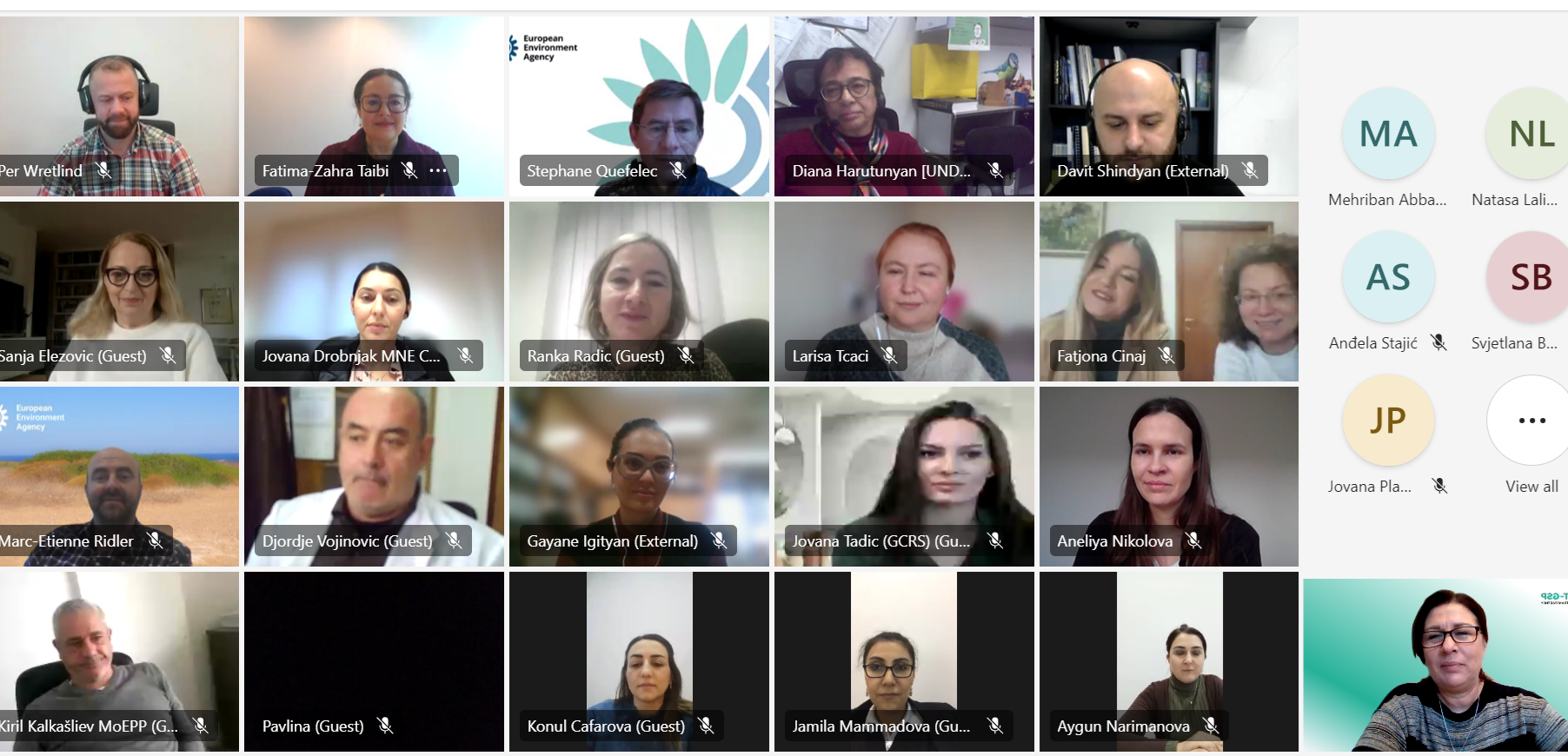Please find the recording of the workshop on our YouTube channel here .
Background
In achieving the global climate goals accounting for every single effort leading to GHG emissions reductions is crucial and need to be monitored. That is why an Enhanced Transparency Framework (ETF) under Article 13 of the Paris Agreement is established, to provide action and support in order to build mutual trust and confidence among the Parties and to promote the effective implementation of the Paris Agreement.
The Modalities, Procedures and Guidelines (MPGs) provide operational details on the functioning of the ETF, including what information should be reported in relation to Article 13, as well as on the ETF’s timing and processes, review and consideration of progress. All countries are guided by the same set of MPGs, with flexibility for those developing country Parties that need it in light of their capacities.
The Biennial Transparency Report (BTR) is the key ETF reporting vehicle and all Parties, apart from LDCs and SIDS, have to submit their first BTR at the latest by 31st December 2024. In this way, for Parties to the Paris Agreement, the BTR will supersede the BUR at the latest by end of 2024.
Countries of the Eurasian Network have already started preparatory activities related to development of their first BTR. For five countries project funding has already been approved by the GEF, while others are preparing their proposals or expecting approval. With the deadline for the first Biennial Transparency Report rapidly approaching, countries need to embark on the challenging transition towards the ETF.
In addition, most of countries of the Eurasia Transparency Network are in process of accession to the EU. By signing the Treaty, the Contracting Parties, members of the Energy Community from the region are obligated to establish a common electricity and gas market that will operate in accordance with the standards of the EU energy market into which it will integrate. This is to be achieved by gradual transposition of the EU acquis, which means the implementation of the relevant EU directives and regulations pertaining to electricity, gas, security of supply, oil, environment, renewables, energy efficiency, infrastructure, competition and statistics. Importantly, this also requires their gradual preparation to meet reporting requirements of the adapted Governance Regulation which was adopted by the Energy Community Ministerial Council in November 2021. The adapted Governance Regulation contain many similar or even overlapping reporting obligations with the transparency reporting to the UNFCCC, in particular the NIR, GHG emissions from policies and measures, GHG projections, and national adaptation planning and strategies. This poses a significant challenge to the Eurasian countries with regard to meeting all reporting requirements, but also a good opportunity to align processes to avoid double reporting and burden of their national institutions with double work.
Objective
The primary goal of this webinar is to empower policymakers, government officials and national experts in understanding and implementing the Enhanced Transparency Framework (ETF) of the Paris Agreement. It will also provide an opportunity to facilitate the sharing of challenges encountered and lessons learned during ETF implementation in Montenegro, as one of the first countries in the region that has already started with preparations of its NIR and BTR. Countries of the Eurasia Transparency Network will benefit from this exchange by gaining insights and guidance on how to transition to the ETFs in their respective countries, but also to be informed on the strong links between the two reporting process of the UNFCCC and the Energy Community, including their reporting timelines and interactions.
Target Audience and Language
The virtual exchange will bring together relevant transparency stakeholders, such as coordinators and senior experts from the national agencies dealing with climate reporting, thematic experts and other transparency practitioners involved in the preparation of reports under the UNFCCC and the Paris Agreement, including NCs, NDCs and BURs/BTRs.
The meeting will be held in English.
